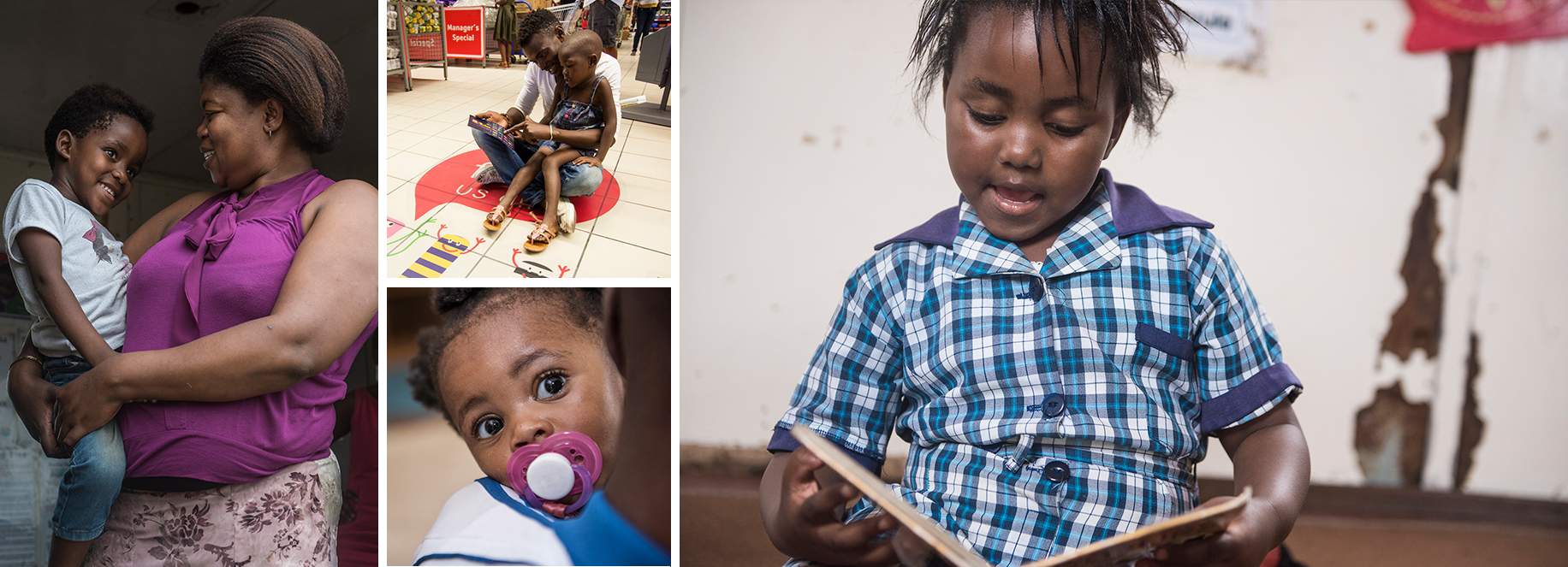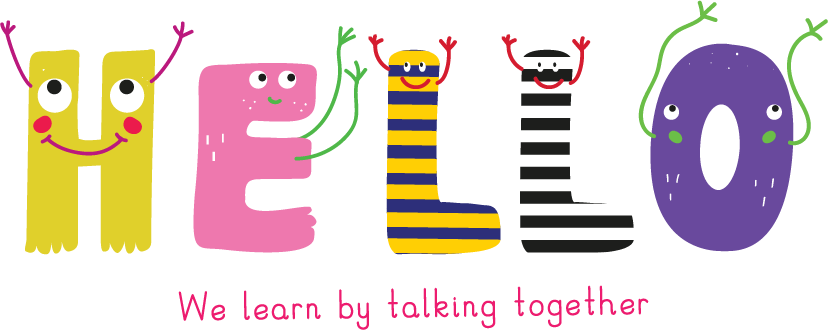Early Learning Centers
Community Early Childhood Development (ECD) Network
South Africa Partners and our community-based partner, Masibumbane Development Organisation, have joined the national effort to develop cost-effective strategies to support the scale up of high-quality Early Childhood Development (ECD). In the Eastern Cape we have piloted a model – the Community ECD Network – that allows us to assist early childhood education centers in transforming themselves from minimally provisioned places of care into true centers of learning and development.
The Network is comprised of seven under-resourced “creches” or community-based preschools serving 500 children ages 0 to 5 in a high-poverty, peri-urban area. The Network assists the women who serve as managers and practitioners in these centers, helping to elevate sites that serve some of the neediest children in the country. As the preschools improve, so do the chances that these vital community assets will survive.
When we launched the Community ECD Network in 2014, the center managers identified professional development of practitioners as the top priority. Research demonstrates professional development is a powerful contributor to the quality of children’s learning in preschool settings. Most practitioners in the Community ECD Network have insufficient formal education to enroll in degree programs, but they have committed themselves to learning the principles and best practices in early childhood education.
Since we created the Community ECD Network, the preschools have gained access to teacher training, materials for learning and play, and nutritional support. Most significantly, as a result of hard work by our implementing partners and by the Principals of the preschools, five of the seven centers have met the standards required to become formally registered with the Department of Social Development. Registration qualifies them to access government funding that will help improve program quality and help ensure financial stability and sustainability.

Everyday Learning
Sifunda Ngokuthetha - "We Learn by Talking"
CLICK HERE TO WATCH A SHORT VIDEO ABOUT SIFUNDA!!
Numerous recent studies of child development demonstrate that simple back-and-forth interactions or conversations between caregivers and children play a key role in early brain development. Put simply, when directed at children, talking is teaching, even before very young children can respond with speech of their own.
To increase verbal interactions between caregivers and children, we launched Sifunda Ngokuthetha, or “We Learn by Talking Together” in 2016. Sifunda is an innovative new approach to early childhood development in low-resourced areas. Adapted for the South African context from a Temple University study, Sifunda uses conversation prompting signage in environments that families and children encounter as part of their daily journey. By installing engaging, character-based visual prompts, Sifunda creates moments for caregivers who may have limited access to conventional early learning materials to engage and learn with their children during their demanding daily routines.
Supermarkets are our initial site for developing, testing, and scaling Sifunda. Commonly located in or near low-resourced communities, supermarkets are bright, clean, safe, and frequently visited by caregivers and children. Supermarkets are filled with stimuli that can be harnessed to contribute to better developmental outcomes for children. They offer opportunities for young children to name, count, observe, compare, and imagine, building vocabulary and knowledge while doing so.
Early test data indicates that Sifunda has a positive impact on the customer experience. We are making a shared value investment case for Sifunda as a program that delivers both social value and business value.
We hope to expand Sifunda to additional everyday environments, saturating a given geographic area to increase awareness, engagement and impact. Future outdoor sites may include taxi ranks, markets and street-level signage. Indoor possibilities include laundromats, church halls, health clinics, government offices, and other places routinely visited by adults accompanied by children.

When caregivers first interact with the Sifunda Ngokuthetha
characters, we tell them:
When you talk with your child, even before your little one can use words, you’re building their young brain and helping prepare them for success in school and in life.
It’s not always easy to find time to talk with your child. So think of this supermarket as an educational playground. A fun place for you and your child to learn together. Sifunda Ngokuthetha makes it easy!
As you move through the aisles, encourage your child to search for our little friends hidden throughout the store, or help your little ones by pointing them out.
